Resources
Browse resources created and collated by ARIIA as a trusted, evidence-based guide to supporting innovation across the aged care sector.
Showing
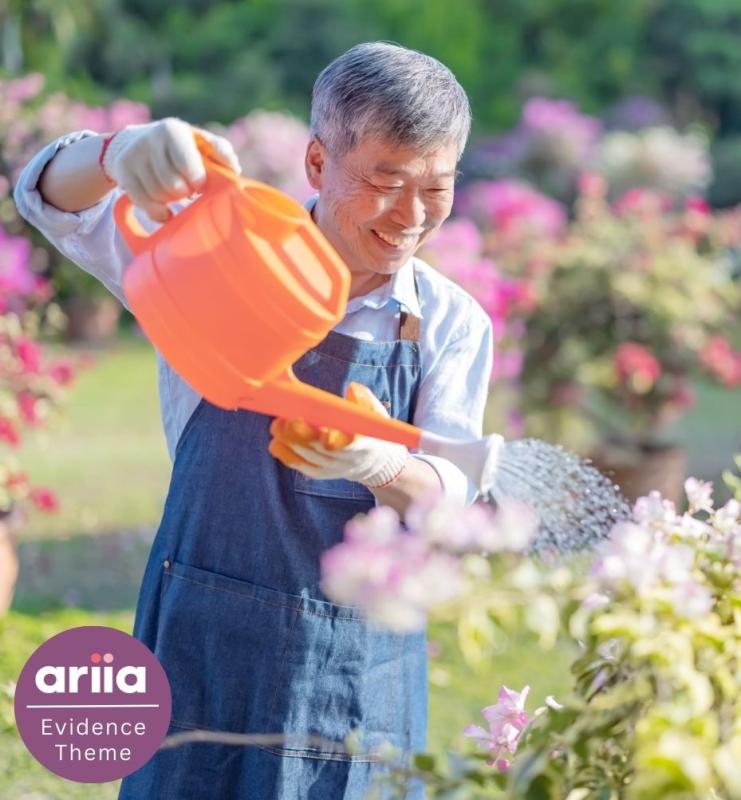
Rehabilitation, reablement and restorative care: Functional independence
As people age, they often experience a decline in functional independence. This can result in difficulty performing the daily activities required to live independently. This resource from ARIIA is a short easy-to-read summary of the research evidence.
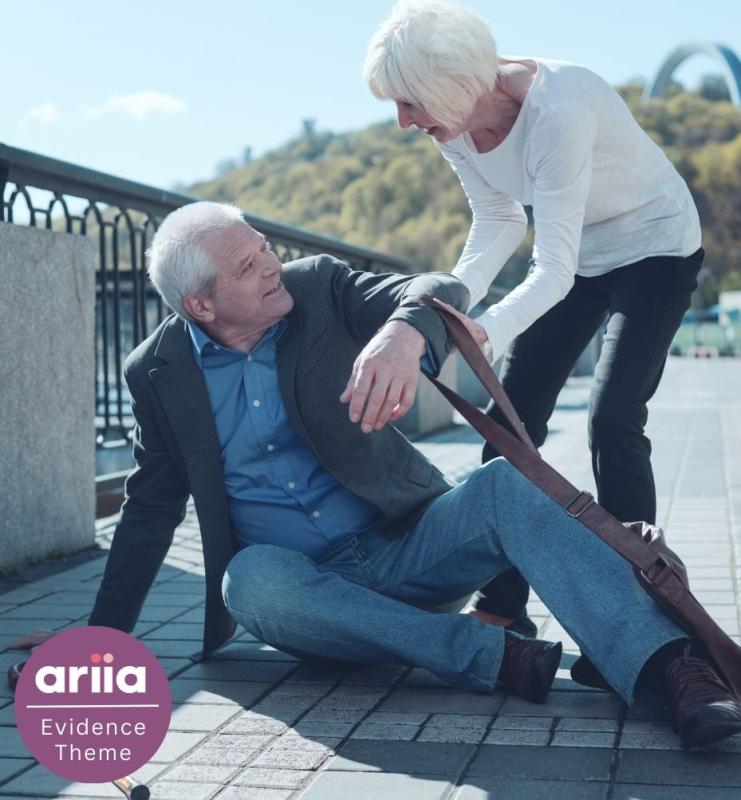
Rehabilitation, reablement and restorative care: Falls
Preventing or reducing the incidence of falls amongst older people is complex. There is no one size fits all program that can effectively prevent or reduce falls, especially in high-risk populations such as older people. This resource from ARIIA is a short easy-to-read summary of the research evidence.
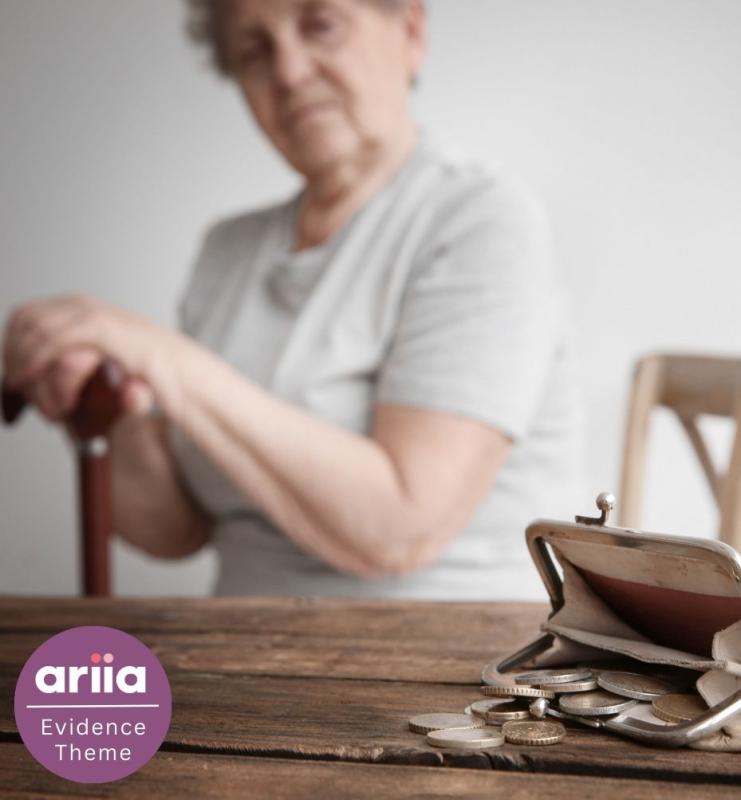
Rehabilitation, reablement and restorative care: Economic evaluation
Rehabilitation, reablement, and restorative care interventions can be cost-effective, as they aim to reduce hospital length of stay and prevent early admission to residential aged care. This resource from ARIIA is a short easy-to-read summary of the research evidence.
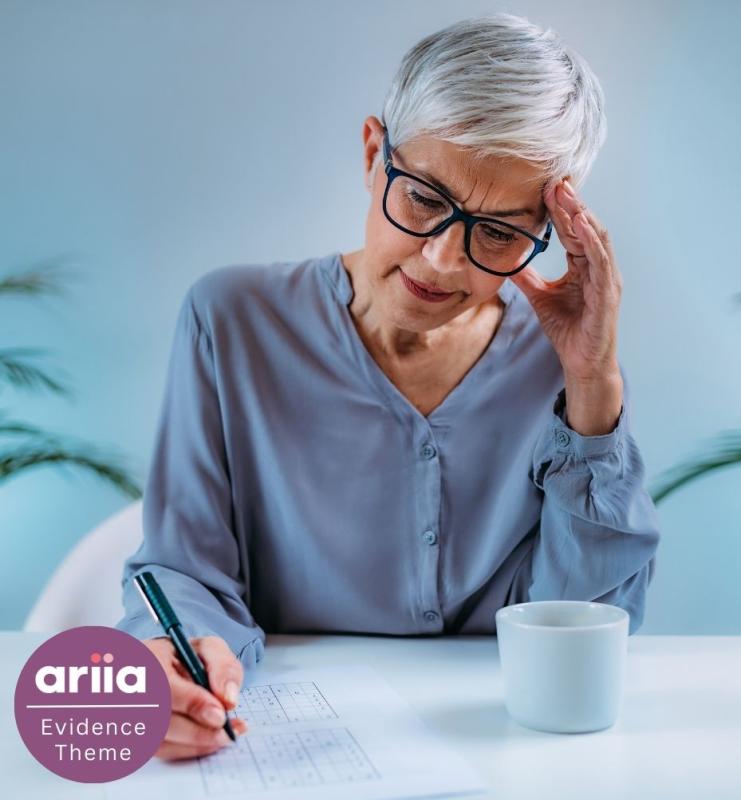
Rehabilitation, reablement and restorative care: Cognitive rehabilitation
Cognitive rehabilitation is thought to improve the capacity of older persons living with dementia to perform activities of daily living. This resource from ARIIA is a short easy-to-read summary of the research evidence.

Rehabilitation, reablement and restorative care: Allied health interventions
Allied health interventions are used to rehabilitate, re-enable, and restore older adults to previous levels of physical function. These interventions are usually focused on enabling older adults to carry out activities of daily living. This resource from ARIIA is a short easy-to-read summary of the research evidence.
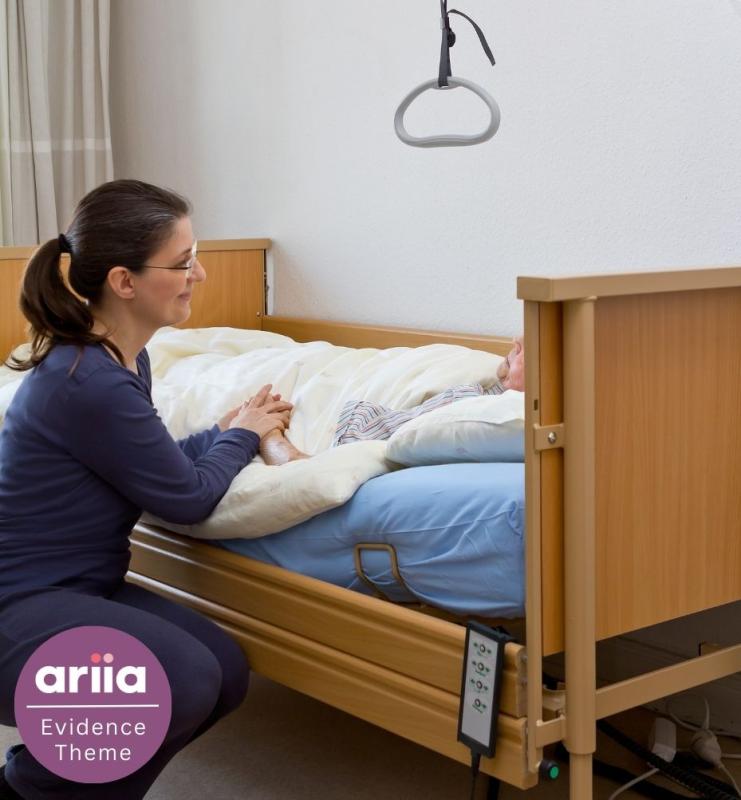
Palliative care and end of life: Staff training and education
Palliative and end-of-life care training is a growing educational need for home care and residential aged care workers with growing numbers of Australians expected to die while receiving aged care services. This resource from ARIIA is a short easy-to-read summary of the research evidence.

Palliative care and end of life: Communication at end of Life
Good communication between people with life-limiting illnesses and their health care professionals is important for achieving a high quality of palliative care and positive end-of-life experiences for older people and their families. This resource from ARIIA is a short easy-to-read summary of the research evidence.

Palliative care and end of life: Advance care planning
Advance care planning is a process that enables a person to communicate and discuss their preferences for future medical treatment and care with their family and care providers to come to a shared understanding. This resource from ARIIA is a short easy-to-read summary of the research evidence.
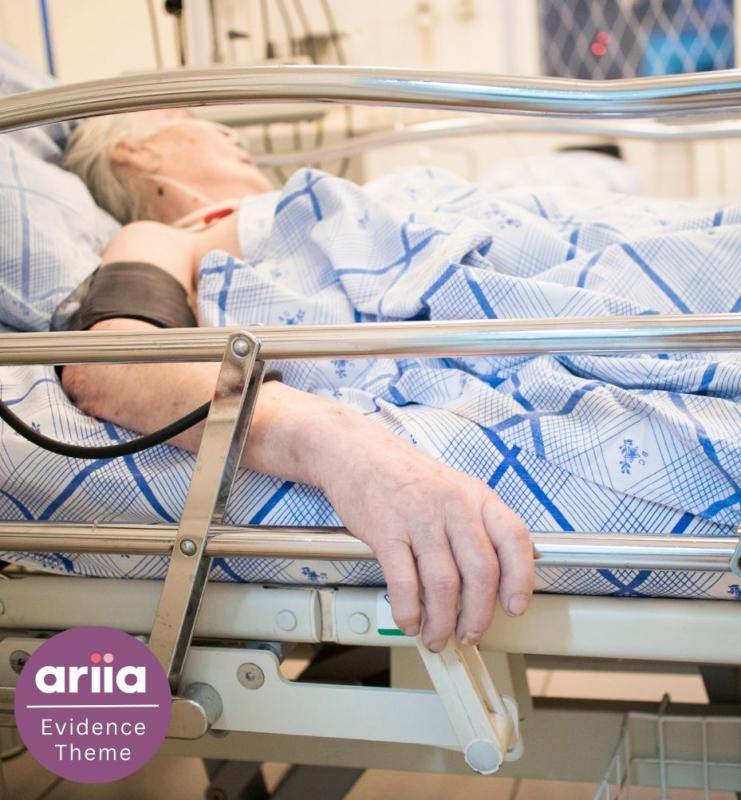
Palliative care and end of life: Acute care transfers
Emergency department visits and hospital admissions are common for people in residential aged care nearing the end of their life. This may not always be in their best interests, necessary, or in line with their preferences. This resource from ARIIA is a short easy-to-read summary of the research evidence.
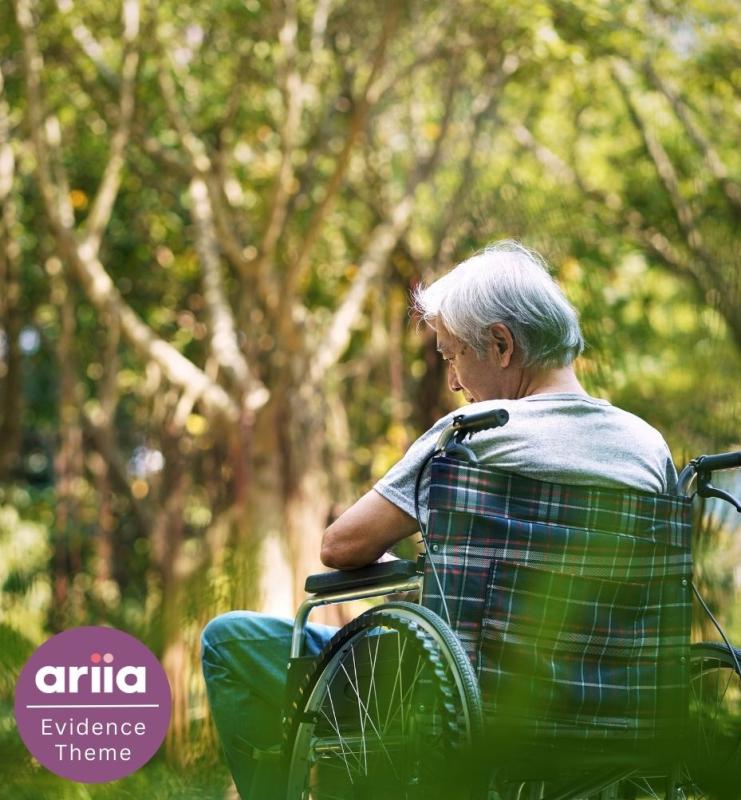
Mental health and wellbeing: Suicidal thoughts and self-harm
Thoughts about death and self-harm are not uncommon in older adulthood, especially in the later years of life. Risk factors for suicide later in life include mental health disorders, physical illness and functional or cognitive decline. This resource from ARIIA is a short easy-to-read summary of the research evidence.